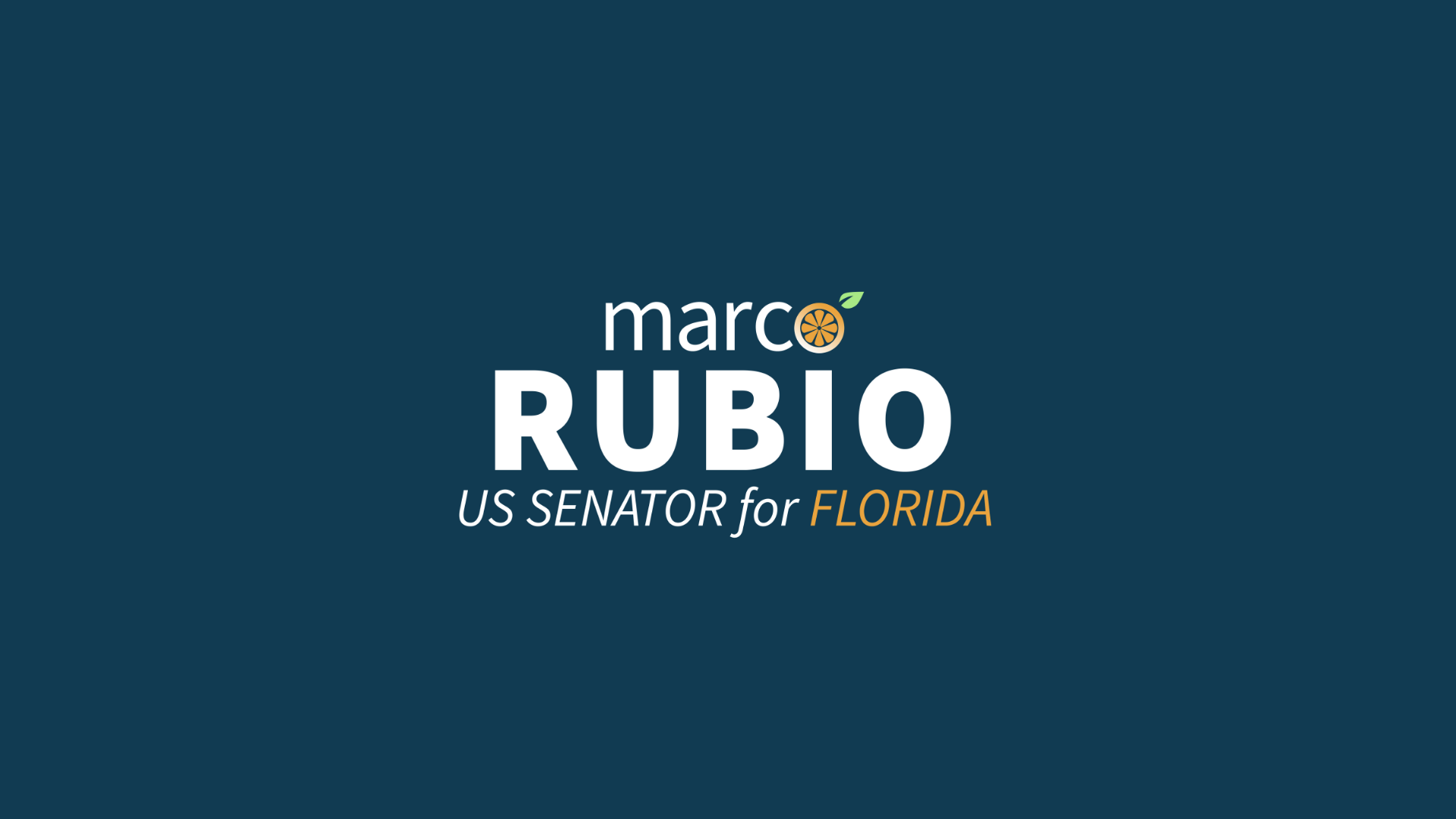Source: United States Senator for Florida Marco Rubio
America’s top intelligence officials confirmed Chinese-owned TikTok is a threat to our national security.
The comments came during a U.S. Senate Select Committee on Intelligence hearing after Vice Chairman Marco Rubio (R-FL) asked Federal Bureau of Investigation Director Christopher Wray about dangers arising from TikTok’s ownership by a Chinese company.
In addition to Wray, Director of National Intelligence Avril Haines, Central Intelligence Agency Director William Burns, Defense Intelligence Agency Director Lieutenant General Scott D. Berrier, and National Security Agency Director General Paul Nakasone all agreed TikTok poses a threat to America’s national security.
In February, Rubio and Senator Angus King (I-ME), also a member of the Senate Intelligence Committee, introduced bipartisan legislation to block and prohibit all transactions from any social media company in, or under the influence of, China, Russia, and several other foreign countries of concern unless that company fully divests of dangerous foreign ownership. The legislation remains the only bipartisan, bicameral bill that would actually ban TikTok.
Click here for video and read a transcript below.
RUBIO: One of the most downloaded apps in the world is the social media company TikTok. Could the Chinese government, through its ownership of ByteDance…, use TikTok to control data on millions of users?
WRAY: Yes.
RUBIO: Could they use it to control the software on millions of devices, given the opportunity to do so?
WRAY: Yes.
RUBIO: Could they use it to drive narratives, like to divide Americans against each other or—for example, let’s say China wants to invade Taiwan—to make sure that Americans are seeing videos arguing why Taiwan belongs to China and the U.S. should not intervene?
WRAY: Yes, and I would make the point, on that last one in particular, that we’re not sure that we would see many of the outward signs of it happening if it was happening. And I think the most fundamental piece that cuts across every one of those risks and threats that you mentioned, that I think Americans need to understand, is that something that’s very sacred in our country, the difference between the private sector and the public sector—that’s a line that is nonexistent in the way the CCP operates.
RUBIO: Do you think it’s valuable to look at how TikTok operates in China versus the U.S.? For example, in the U.S., kids are being encouraged to choke themselves out. We’ve had kids die. In China, they’re encouraged to focus on math and science and building the country. Is that—two different versions of TikTok, one feeding our society poison and the other inculcating positive values—an example of how, potentially or in reality, TikTok could be used to damage our country?
WRAY: I think those are among many telling indicators that we should be looking at and assessing the national security concerns this poses.
RUBIO: So they can collect our data, manipulate information, poison and feed garbage to the minds of millions of people. I imagine this is the reason why TikTok is no longer allowed on federal devices—pretty soon no federal devices can have TikTok on them—correct?
WRAY: Certainly at the FBI, no. TikTok never has been, and nor will it be, approved. And it’s my understanding that that’s about to be in place across the entire federal government.
RUBIO: Given the weight of all this, does anyone in the panel disagree that TikTok is not a good thing for America?
[No disagreement from the leaders of America’s intelligence agencies.]
RUBIO: Well, if no one disagrees, my question is, if TikTok is bad for America—and we’ve talked about all these disadvantages and potential harm that’s caused by it—should the fact that it is popular among people under the age of 35 be the reason why we don’t take strong action against it?
WRAY: Not from my perspective.
RUBIO: That’s what the Secretary of Commerce said, that potentially we won’t do something about this because it would upset people under the age of 35.
This is a substantial national security threat for the country of a kind that we didn’t face in the past. At the end of the day, it’s not about some grown man in the middle of the day putting up videos that people that have a job shouldn’t be putting up. It’s about all these other things that we’ve talked about—the data, the ability to manipulate information.
I would imagine that [TikTok] is probably one of the most valuable surveillance tools on the planet. If we went out and decided to build something like this of our own to influence or spy on another society, I’m not sure we could build something like this. And we’ve invited them in and protected them by our laws.
